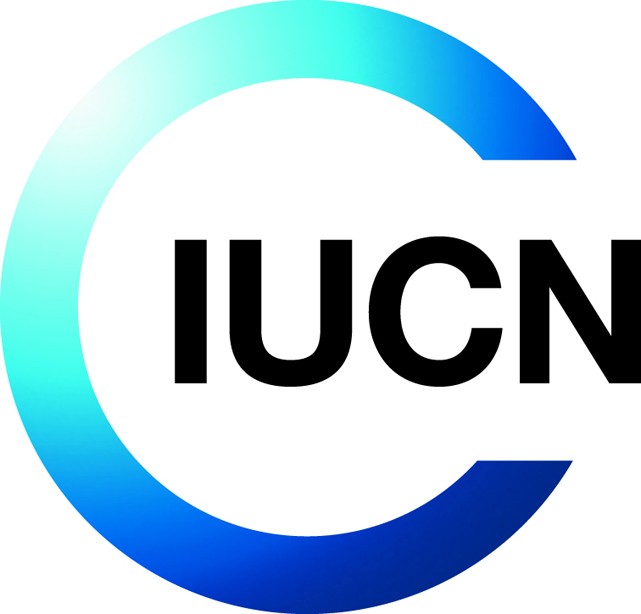Created in 1948, the International Union for Conservation of Nature (IUCN) is the world’s largest and most diverse environmental network. As a membership union of government and civil society organizations, IUCN harnesses the experience of its 1,300 member organizations and around 16,000 experts. IUCN provides knowledge, tools, and a neutral forum in which governments, NGOs, scientists, businesses, local communities, indigenous peoples groups, faith-based organizations and others can work together to forge and implement solutions to environmental challenges.
IUCN works with partners to achieve large-scale forest landscape restoration (FLR), or in other words to restore whole landscapes “forward” to meet present and future needs and to offer multiple benefits and land uses over time. IUCN collaborates with FLR partners to gather knowledge, develop and apply tools, and build capacity while supporting policy-makers, practitioners, researchers and landowners around the world. IUCN and WRI developed a proven Restoration Opportunities Methodology Assessment (ROAM) with practical steps for diverse stakeholders to restore landscapes at any scale.
At the invitation of the German Government and IUCN, the Bonn Challenge was established at a ministerial roundtable in September 2011. The Bonn Challenge is a global initiative to restore 150 million hectares of the planet's deforested and degraded lands by 2020, and 350 million hectares by 2030. The platform facilitates the implementation of several existing international commitments that call for restoration, including the CBD Aichi Target 15, the UNFCCC REDD+ goal and the Rio+20 land degradation target. AFR100 is a contribution to the Bonn Challenge. IUCN is the Secretariat for the Global Partnership on Forest and Landscape Restoration, a global network that unites governments, organizations, academic/research institutes, communities and individuals under a common goal: to restore the world’s lost and degraded forests and their surrounding landscapes.
Resources/Media:
Restoration Opportunities Assessment Methodology (ROAM)
A Cost-Benefit Framework for Analyzing Forest Landscape Restoration Decisions
Forest landscape restoration opportunity assessment for Rwanda
Nature-based Solutions to address global societal challenges

